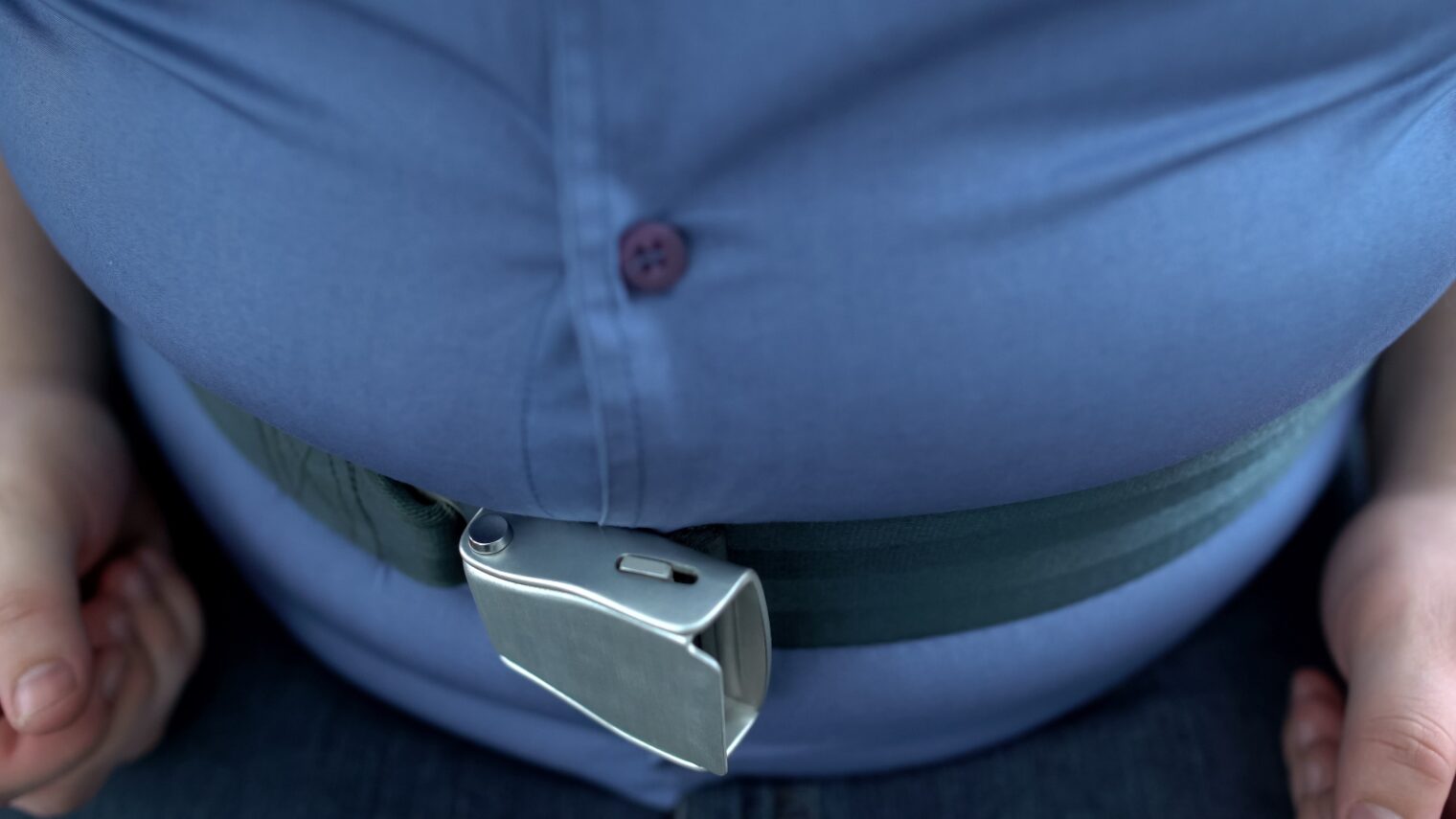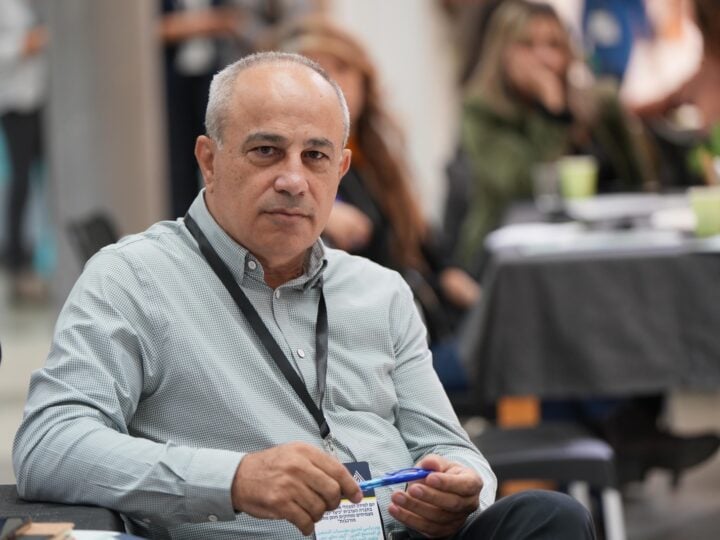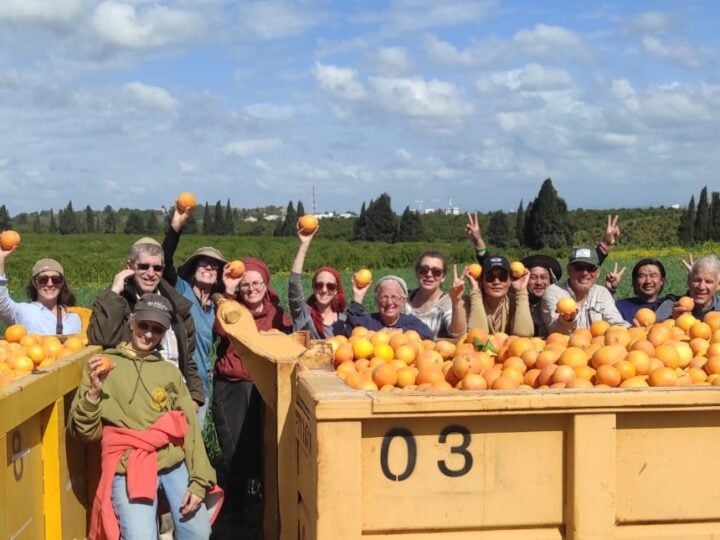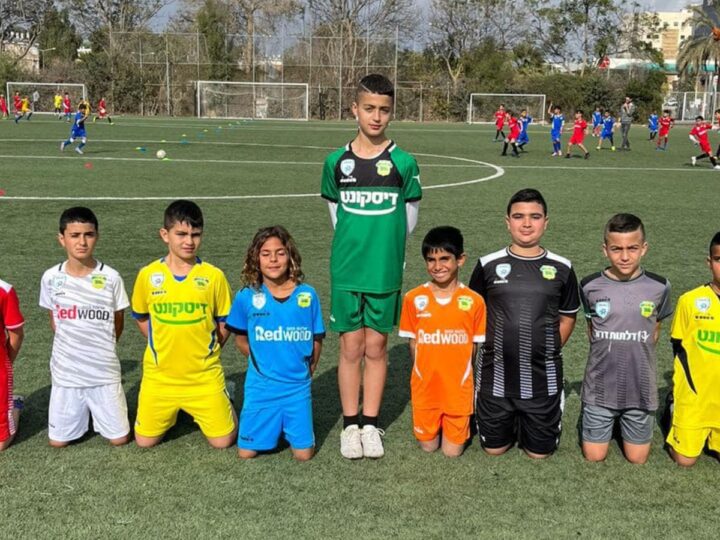Accessibility at hotels and tourism and leisure venues should not only be about accommodating wheelchairs and guide dogs, says Prof. Yaniv Poria.
Accessibility also means alleviating difficulties encountered by people with, for example, obesity or autism.
“Today, the right of tourism, leisure and recreation is a social right,” says Poria, dean of the Eilat campus of Ben-Gurion University of the Negev and a researcher and lecturer in its Department of Hotel and Tourism Management.
“We live in a world were it’s not enough that schools and workplaces are accessible. Also beaches, restaurants and houses of worship play an important role in our lives. I look at it as a political issue: We have to aim for tourism, leisure and recreation facilities to be accessible to all, and the universities must take the lead on this.”
A year ago, he explains, his proposal for a course titled “Managing an Accessible Tourism Experience” won a Rothschild Foundation competition for new university courses that can positively impact society.
“We were astonished to find that we are the first university anywhere teaching a course focusing on management of accessible tourism,” he says.
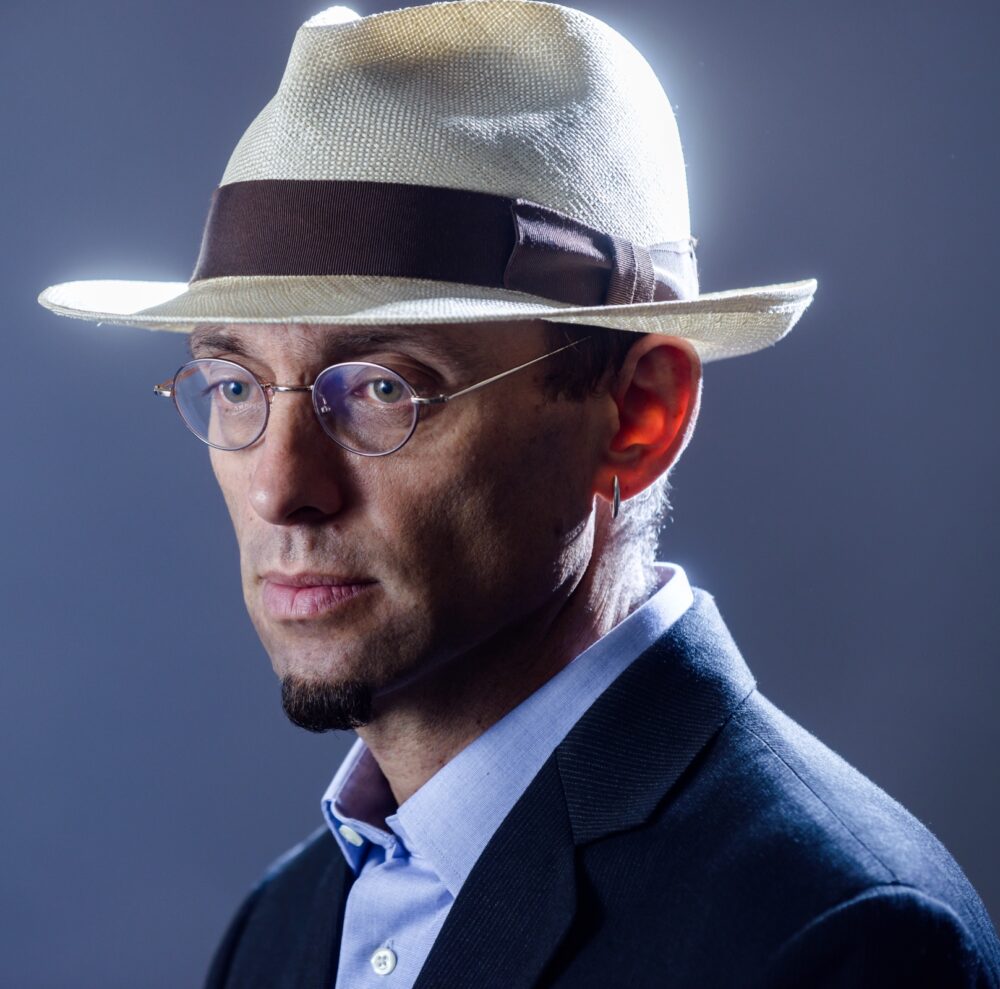
Poria was adamant that his students learn the issues “by listening to people with disabilities who could not participate in tourism, leisure and recreation because of their disability — not experts who think they know what people with disabilities wish for.”
By inviting people with various disabilities to talk to his students, “we attempt not only to enrich their knowledge but also to make an emotional impact.”
His course focuses on facilitating better experiences from a practical managerial point of view. Israelis, he notes, are famed for their outside-the-box solutions. And in fact, he is already fielding calls from managers seeking guidance.
Families with autistic children
Abigail Blas, one of Poria’s master’s degree students, is conducting the first known research about accessibility obstacles for families with autistic children.
Although one in 78 kids is now diagnosed on the spectrum, she found no studies on this topic. So far, she’s interviewed 20 parents and discovered they typically encounter major difficulties in hotels, restaurants, airplanes and playgrounds.
Safety is a key issue when considering how to improve their experiences and how venues can improve their services, says Blas.
Parents she interviewed said that they will not go to a playground without a fence, out of concern that their child will run into the street. Fencing playgrounds is a fairly simple solution; keeping autistic children safely supervised at beaches is more difficult. Blas suggests asking the lifeguards to keep an extra eye on the child, who should wear an easily seen color.
Parents of autistic kids could have a less stressful hotel stay by requesting ahead of time that items such as shampoo bottles, bedside phones, pens and notepads be removed before their arrival, to preclude the possibility that the children might draw on walls or spill toiletries.
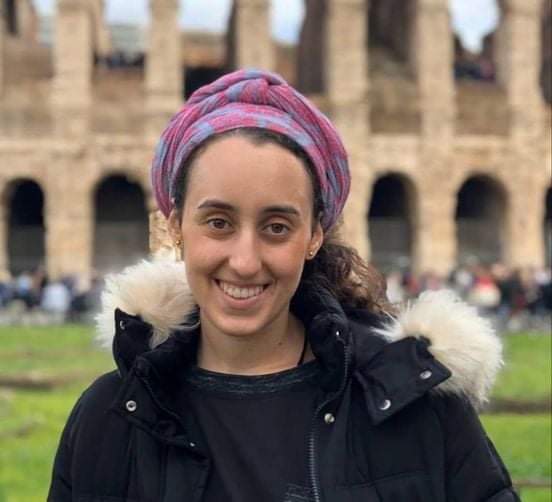
“Also, children on the spectrum might be prone to opening the hotel room door and running down the hall. If the parents were given a childproof lock, that could change the whole experience,” suggests Blas.
“Hotel managers often think adjustments for people with disabilities will cost a lot of money and they do not appreciate the economic power of the disabilities segment,” Poria adds.
Dining out is avoided by many families of autistic children, Blas discovered, “because it’s hard for their kids to wait and they may like only certain foods.”
Managers tipped off before arrival can head off disruptive behavior by seating the family immediately in a quieter spot and making sure their food arrives promptly.
“If they get their chips right away, the child will be calmer and it will help the business as well,” Poria points out.
Working with Blas, Israeli restaurant reservation/ordering automation website Tabit is experimenting with a button that would allow servers to bump up specific orders in line.
Her conversations with parents also led Blas to propose recruiting BGU students to accompany families of autistic children to the beach, museum or playground to provide an extra pair of hands and eyes. Poria hopes to pilot this on the Eilat campus. In return, the student volunteers would earn university credit.
The way society looks at them
Poria has published research papers on the impact of social disabilities that can cause suffering to, for example, an obese or LGBTQ person.
“If I don’t have a leg, or I’m blind, obviously I am not able to enjoy tourism, leisure and recreation to the degree that others can,” he says.
“However, there are people who cannot enjoy it because normative people — consciously or unconsciously — put obstacles in front of their participation in and enjoyment of tourism and recreation. We say unkind things to them and stare at them.”
Poria’s studies show that people who look different from what is perceived as “the norm” hesitate to enter beaches, gyms and airplanes.
Possible solutions: Gyms could allocate certain hours for people uncomfortable about their body image. Airlines could “ask a gentle question about size” at check-in, giving obese people the option of boarding first and deplaning last to avoid the embarrassment of bumping into others.
“You don’t need to announce it; other passengers wouldn’t be aware of it. It will be an option to tick off on a form filled in on your mobile phone,” Poria emphasizes.
He also says it’s critical for managers to take gender into account when considering disability access because “there are major differences between men and women in the hotel, tourism, and leisure experience,” he notes, regardless of whether they are straight or gay.
Awareness and research
Poria considers his students as ambassadors for people with disabilities.
“I went to a new tourist attraction in Eilat with my students, and one of them said to the manager, ‘It’s beautiful, but you should know that this site is not accessible and I will not bring tourists here.’ The reaction was, “You’re absolutely right. We’ll go back and see how we can fix it.”
Although not every attraction can be made fully accessible – such as ancient heritage sites that could be damaged by renovations – “many of them can, and fairly easily,” Poria says.
He would like to see every tourism, recreation and leisure facility display a symbol informing visitors with disabilities to what degree the site is accessible.
He also advocates for easy solutions to common problems. For example, a blind person told him that it’s impossible to distinguish pepper from salt in airline meals because the packets feel the same. “If they made the salt and pepper packets in different sizes it would solve the problem.”
Poria’s goal is to open a BGU research center next year dedicated to making tourism, recreation and leisure sites more accessible.
“My vision is that if you are opening a restaurant in Ashkelon or Beirut or Chicago, you’ll go to our website, read our studies, and contact people at our research center who can assist you. We’re aiming to be the best research center on a worldwide level. I want it to be a light to the nations.”




